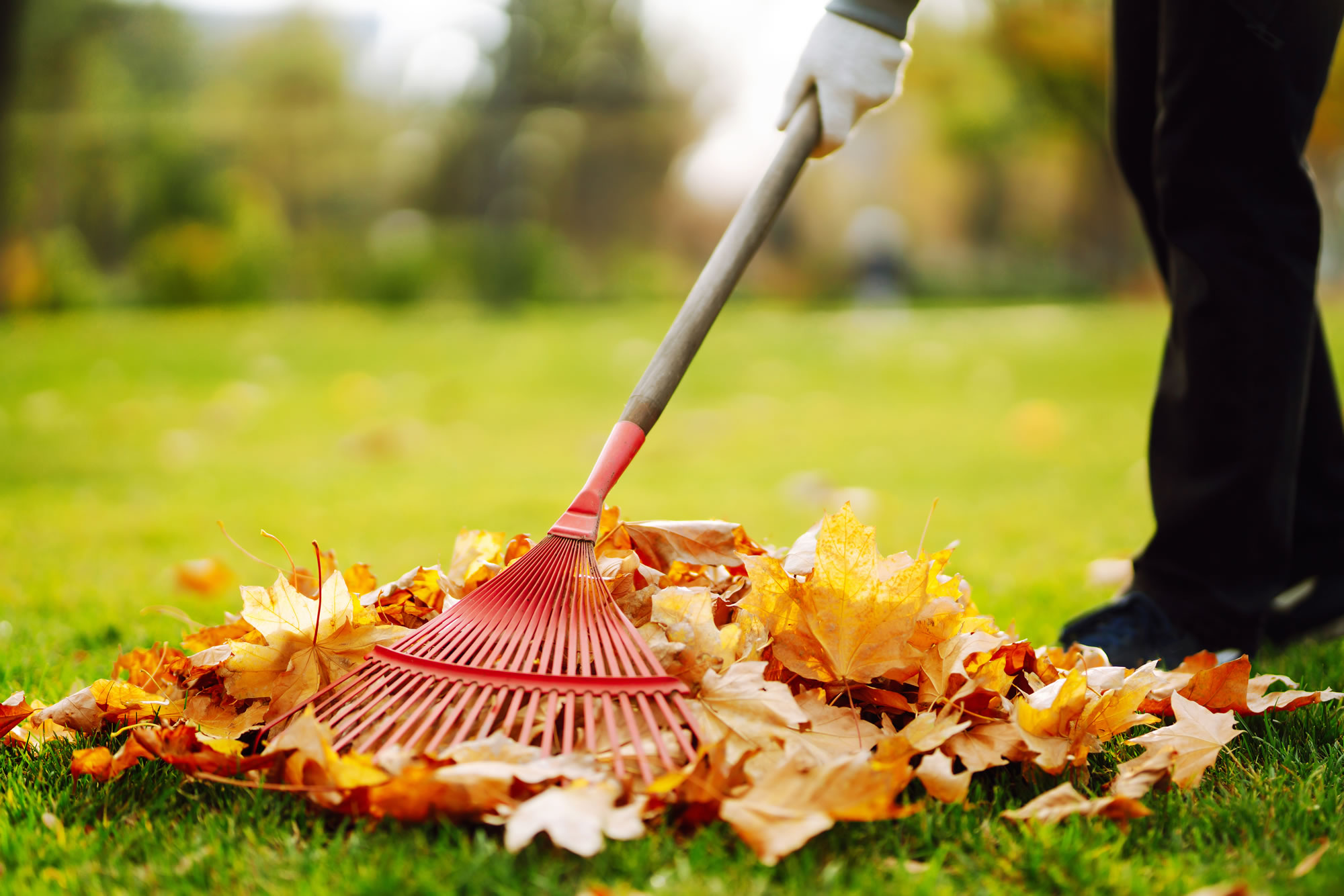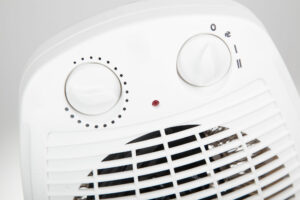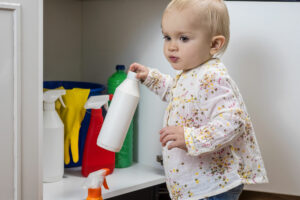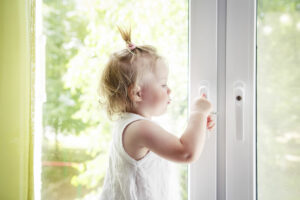The rain is here, leaves are falling, and temperatures are dropping. Fall is an important time to think about home safety as we transition to winter. Consider the following five fall safety tips:
1. Service your furnace
Did you know that furnaces and other household heat sources are a common source of carbon monoxide? If your heating system malfunctions, CO levels could reach dangerous levels.
Call someone to check your heating system. Make sure there are no cracked pipes or dirty filters. You’ll avoid CO risks, lower energy bills, and reduce the chance of fire.
2. Smoke alarms and carbon monoxide detectors
Every home must have a working smoke alarm. Commit to changing the batteries every year at Daylight Savings time (that’s November 4th this year). Test your smoke alarm monthly by pushing the test button. Replace the entire system every ten years.
Do the same for your carbon monoxide detector. If you don’t have one, install a CSA-approved carbon monoxide detector on every floor of your home near sleeping areas.
3. Winter supplies
We’re fortunate to enjoy Canada’s mildest winter climate. But we must still be prepared for ice and snow in the months to come. Shovels, ice scrapers, and road salt (or eco-friendly alternatives) are important items to stock in colder months. Have an alternative heat source in case you lose power. Start thinking about those winter tires for the car and ensure adequate fluid levels, particularly anti-freeze.
4. Emergency kits
Maintaining an emergency kit is particularly important in poor weather. Stock enough food and clean water for all family members (including pets) for at least 72 hours. Keep extra flashlights and batteries on hand. If you take medication, store extra in case you can’t get to a pharmacy.
A successful emergency kit should be organized and easy to find.
5. Autumn leaves
Get raking! Wet leaves on pavement can lead to clogged drains and slippery roads. Did you know that the City of Vancouver runs an unlimited leaf collection program? From October 1 to January 31 put leaves in your Green Bin, store-bought bins, or paper bags for the city to pick up on garbage day. They are turned into nutrient-rich compost at the Vancouver Landfill.
For more information:
- Carbon Monoxide, Health Canada
- Emergency Kits, Government of Canada
- Smoke detectors, Health Canada
- Unlimited Leaf Collection, City of Vancouver







